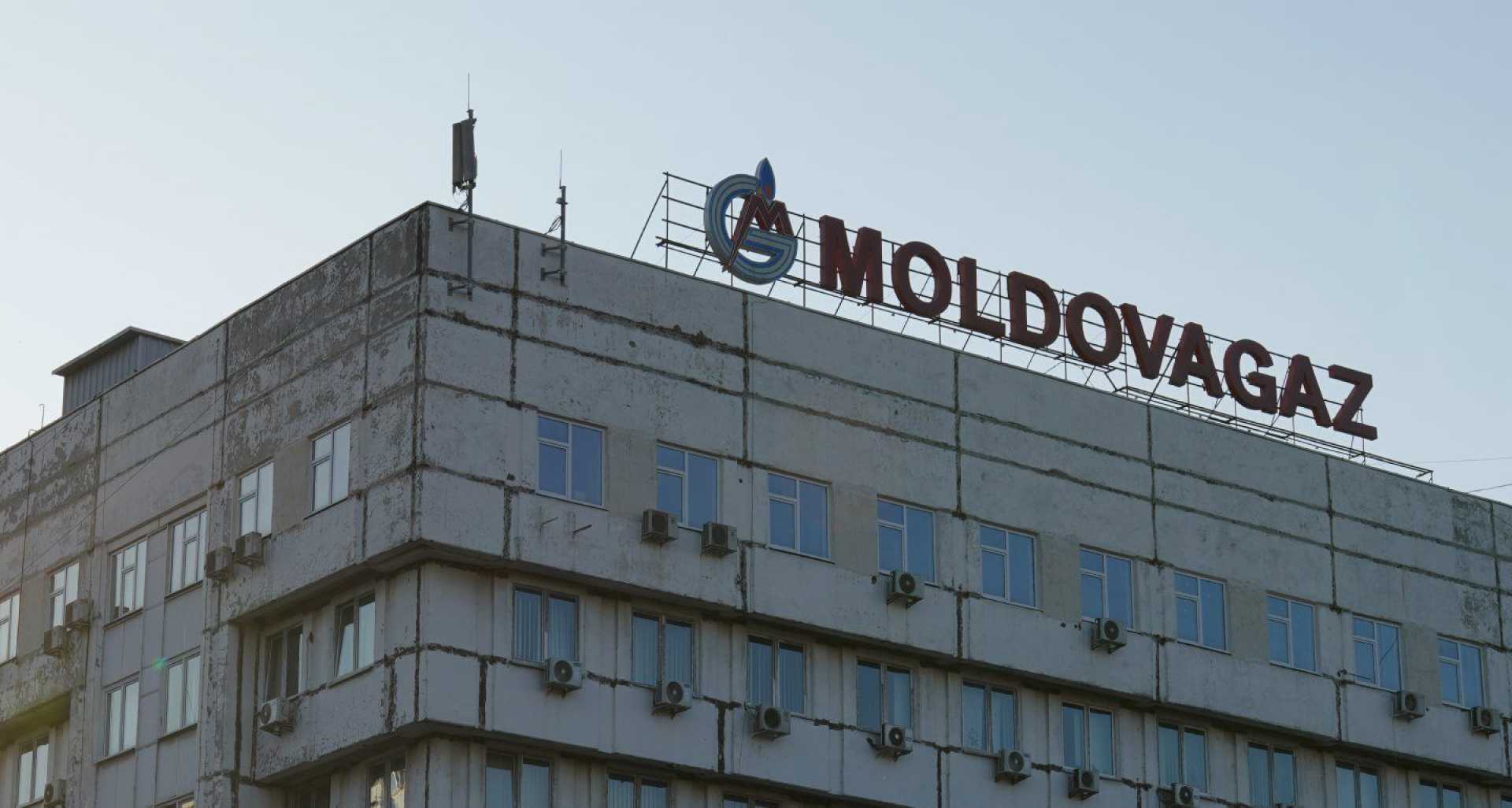World
Russia Offers Gas to Moldova’s Transdniestria Amid Energy Crisis

MOSCOW, Russia — The Kremlin announced on Thursday its readiness to supply gas to Moldova‘s breakaway Transdniestria region, but emphasized the need for logistical cooperation from Moldova. The offer comes amid a deepening energy crisis that has left tens of thousands in the region without heating since Jan. 1, when Russia’s Gazprom suspended gas exports, citing a $709 million unpaid debt by Moldova.
Vadim Krasnoselsky, leader of the Moscow-backed separatist enclave, expressed optimism about the resumption of Russian gas supplies. However, tensions escalated as Moldova and Transdniestria exchanged accusations, with a proposed meeting to address the crisis collapsing. Moldova’s Bureau for Reintegration stated that Transdniestria rejected Chisinau‘s proposal for talks, including an offer for Ukraine to supply coal.
Kremlin spokesperson Dmitry Peskov said Russia is prepared to assist Transdniestria but requires Moldova’s technical cooperation. “Yes, Moscow will be ready and is ready to provide assistance to Transdniestria, but at the same time, purely logistically, of course, actions must be taken on the part of Moldova that ensure gas supply and contracting,” Peskov told reporters. “We have not heard any statements (from Moldova) about their readiness to do this.”
Transdniestria, a pro-Russian region along the Dniester River, has historically relied on Russian gas, receiving about 2 billion cubic meters annually via Ukraine. The fuel was used for heating and electricity generation, sold to Moldova at a 30% to 40% discount compared to European prices. The suspension of gas supplies has forced Moldova’s Power Plant to switch to coal-based electricity generation.
Moldovan authorities accuse Gazprom of using the crisis to destabilize the government ahead of parliamentary elections this year. Moldovan Foreign Minister Mihail Popșoi stated that Russia is exploiting the energy crisis to influence the country’s political landscape. Meanwhile, Russian Presidential Aide Nikolai Patrushev blamed Moldovan authorities for the crisis, claiming Russia’s priority is to protect its “compatriots” in Moldova from discrimination.
Analysts from the Institute for the Study of War (ISW) warn that Russia may be setting conditions to justify future aggression against Moldova, drawing parallels to its actions in Ukraine. “Kremlin officials are attempting to exploit the energy crisis in Moldova to set conditions to justify future Russian aggression against Moldova,” the ISW report stated.
As the crisis deepens, Transdniestria’s gas reserves are projected to last only 20 days, leaving residents in a precarious situation. The region’s refusal to accept assistance from Ukraine or Moldova has further complicated efforts to resolve the crisis.












